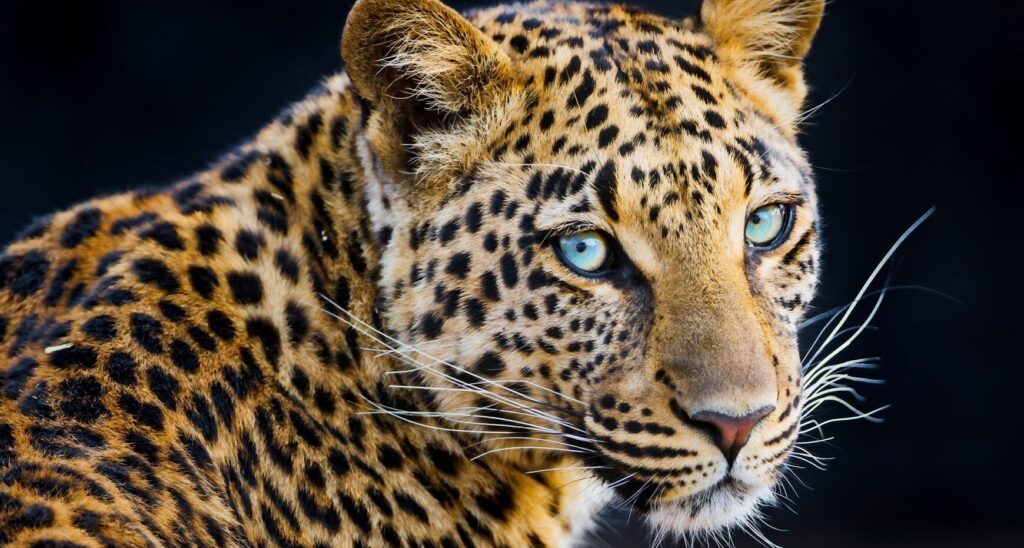Pune: India Considers First-Ever Leopard Sterilization Program In Junnar To Tackle Rising Conflicts

Junnar, 2nd January 2024: The escalating conflicts between humans and leopards in Junnar district have spurred the forest department to propose a groundbreaking sterilization program as a means to manage the leopard population. If approved, this initiative would mark the first of its kind in India.
Forest department data indicates a significant increase in human-leopard conflicts, with 22 incidents reported in the 2022-23 fiscal year and 14 in 2023-24 (up to December 2023). These figures far surpass the average incidents of less than eight in previous fiscal years. Tragically, 11 lives were lost to leopard attacks in Junnar over the past two financial years, prompting experts to attribute the surge to the growing leopard population in the region, states a report by journalist Alim Shaikh of Times of India.
“We are developing a draft proposal for leopard sterilization in our division, seeking the assistance of veterinary experts to ensure its appropriateness. As the first pilot project of its kind in the country, we are striving to make it foolproof from all angles,” stated Amol Satpute, Deputy Conservator of Forest (Junnar). The directive to formulate the proposal came from the Union Ministry of Environment, Forest and Climate Change in response to a letter from Shirur Lok Sabha member Amol Kolhe.
Kolhe expressed concern over the rising human-leopard conflicts, citing the loss of around 13,000 cattle to leopard attacks in the last two years. Many farmers have refrained from going to their fields at night due to safety concerns.
A senior forest department official revealed that the sterilization program is considering vasectomy for male leopards and an immunocontraceptive process for females. “The final proposal will be presented to the state government and subsequently to the Centre for final approval,” the official explained.
Wildlife experts emphasized the importance of a pilot study in focused areas to understand the potential impact of a leopard birth control program. Dr. Chetan Vanjari, Chief Wildlife Veterinarian of RESQ Charitable Trust, highlighted the need for monitoring the physical and behavioral changes of leopards released after surgery in agricultural landscapes.
Shubhobroto Ghosh, Wildlife Research Manager at World Animal Protection, urged caution in considering the proposal, emphasizing the need to address habitat protection, rehabilitation of villagers near forests, and proper rescue and rehabilitation of leopards caught in conflict situations.
A senior forest officer noted that over 60% of leopards in Junnar division were found outside forest areas, with a higher survival rate compared to those within forests. The officer pointed out that sugar cane fields and areas around dams had become ideal hideouts for leopards, making it easier for them to hunt domestic animals.
Deputy Conservator of Forest (Junnar) Amol Satpute stated that the department has identified hotspots in 25 villages where leopard attacks were frequently reported. Dedicated teams have been deployed to these areas to reduce response times in case of attacks.





